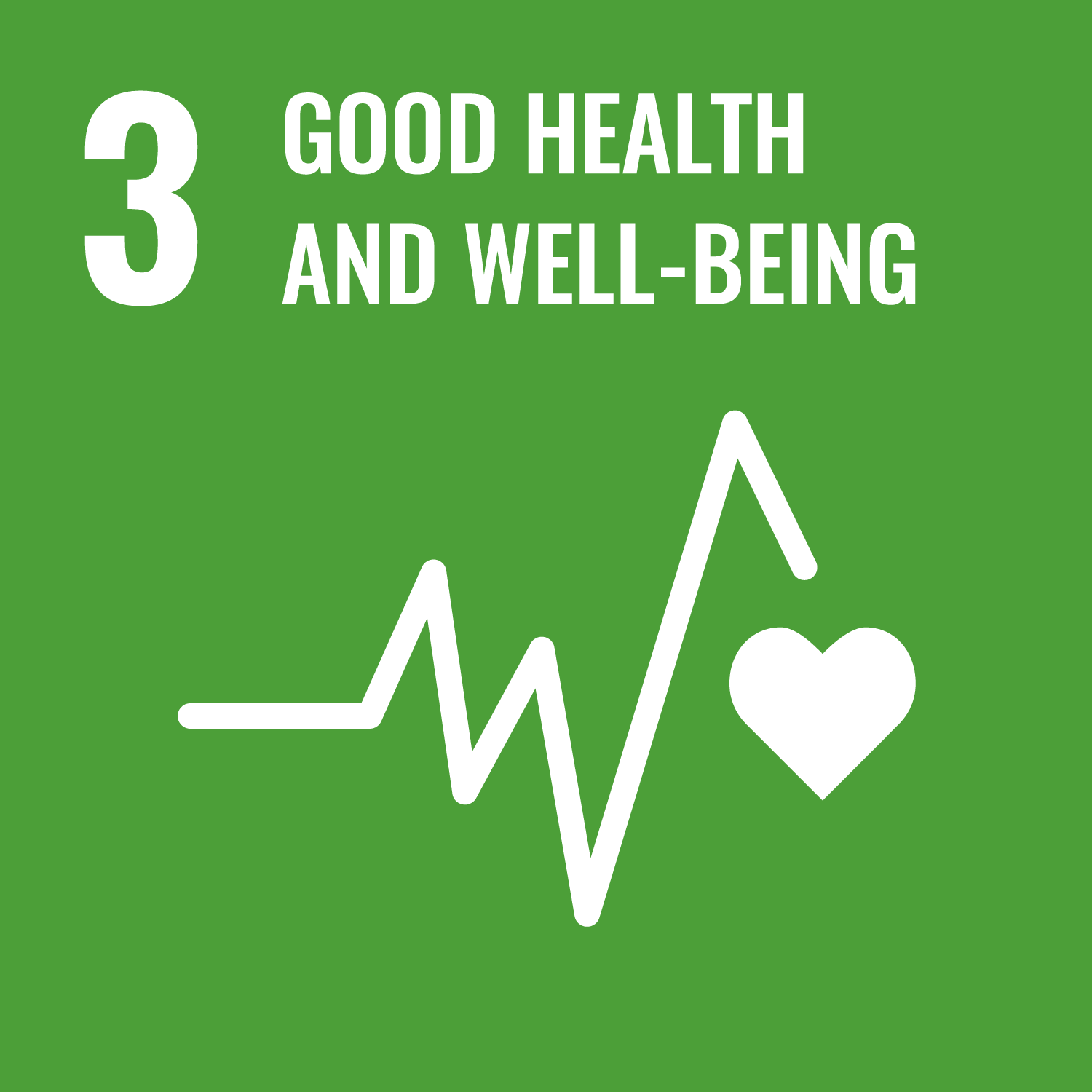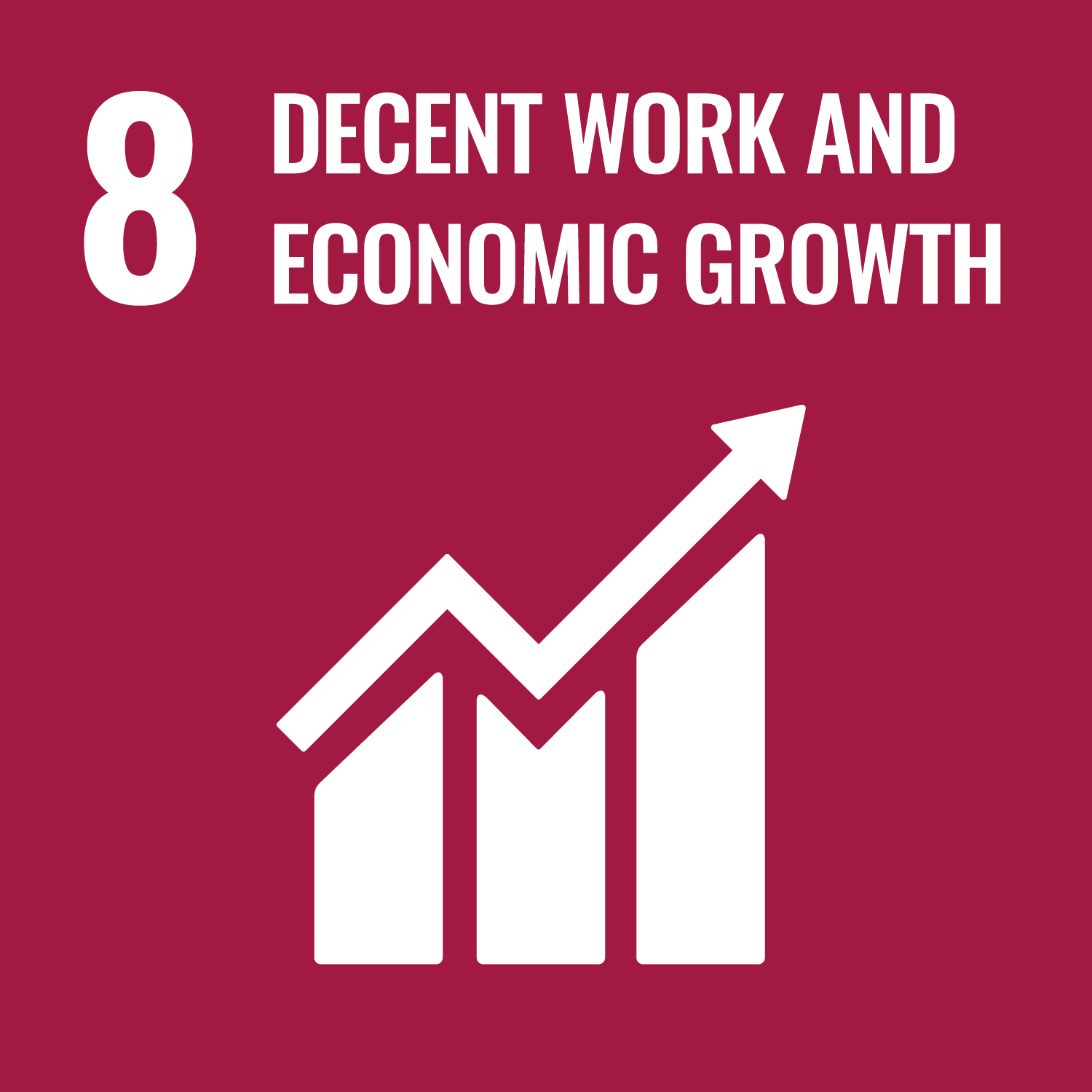This report is one of a series of four released by APCOM in late 2020 looking at the economic inclusion of people with diverse SOGIESC in four counties in South-East Asia, namely: Lao PDR, Indonesia, Cambodia and the Philippines.
This report provides a detailed summary of the current human rights context in Indonesia and how it relates to LGBTQI people. It highlights that currently the government does not officially recognise LGBTQI people. There is a lack of data on the issues faced by LGBTQI people in Laos. Homosexuality is not illegal, however, there are no laws that directly protect LGBTQI people from discrimination.
The research in Laos was undertaken by the Community Health and Inclusion Association (CHias ) between 23 July and 3 August 2019. The research focused on the human rights situation for the LGBTQI community in Laos, their social inclusion and their experiences in accessing education, health and financial services. The research involved focus groups with 36 research participants who were all members of the LGBTQI community in Laos.
The research participants acknowledged that the overall situation for LGBTQI people has improved marginally in recent years with an increase of civil society organisations advocating for the LGBTQI community. However, violence and discrimination against the LGBTQI community remains a critical issue. The report notes that binary gender norms and heterosexual norms in Laos still prevent the social inclusion of LGBTQI people.
The research participants were unanimous in their answer that they experienced discrimination in finding and maintaining employment due to their LGBTQI identity. None of the participants stated that their gender identity limited them saving money. However, the participants stated that transgender women are the most vulnerable to poverty due to the higher discrimination faced by trans people than gay and lesbian people in Laos.
Participants noted that their limited educational attainment was, in part, due to their experiences of bullying and harassment from teachers and students and a lack of support services for LGBTQI students, in both rural and urban areas of Laos. Bisexual and lesbian participants reported the least discrimination due their ability to hide their identity.
Participants described discrimination and poverty as barriers to accessing health services. Bisexual, gay and lesbian participants all reported feeling uncomfortable disclosing their sexuality to doctors. Transwomen reported facing the greatest barriers in accessing adequate health services. There are no doctors trained specifically on the needs of trans people and so many reported needing to go to Thailand to obtain adequate medical attention.
Based on the findings the repot offers 18 recommendations that the government, private sector and LGBTQI organisations can implement to address the structural barriers that effect the social and economic inclusion of LGBTQI people in Laos.








